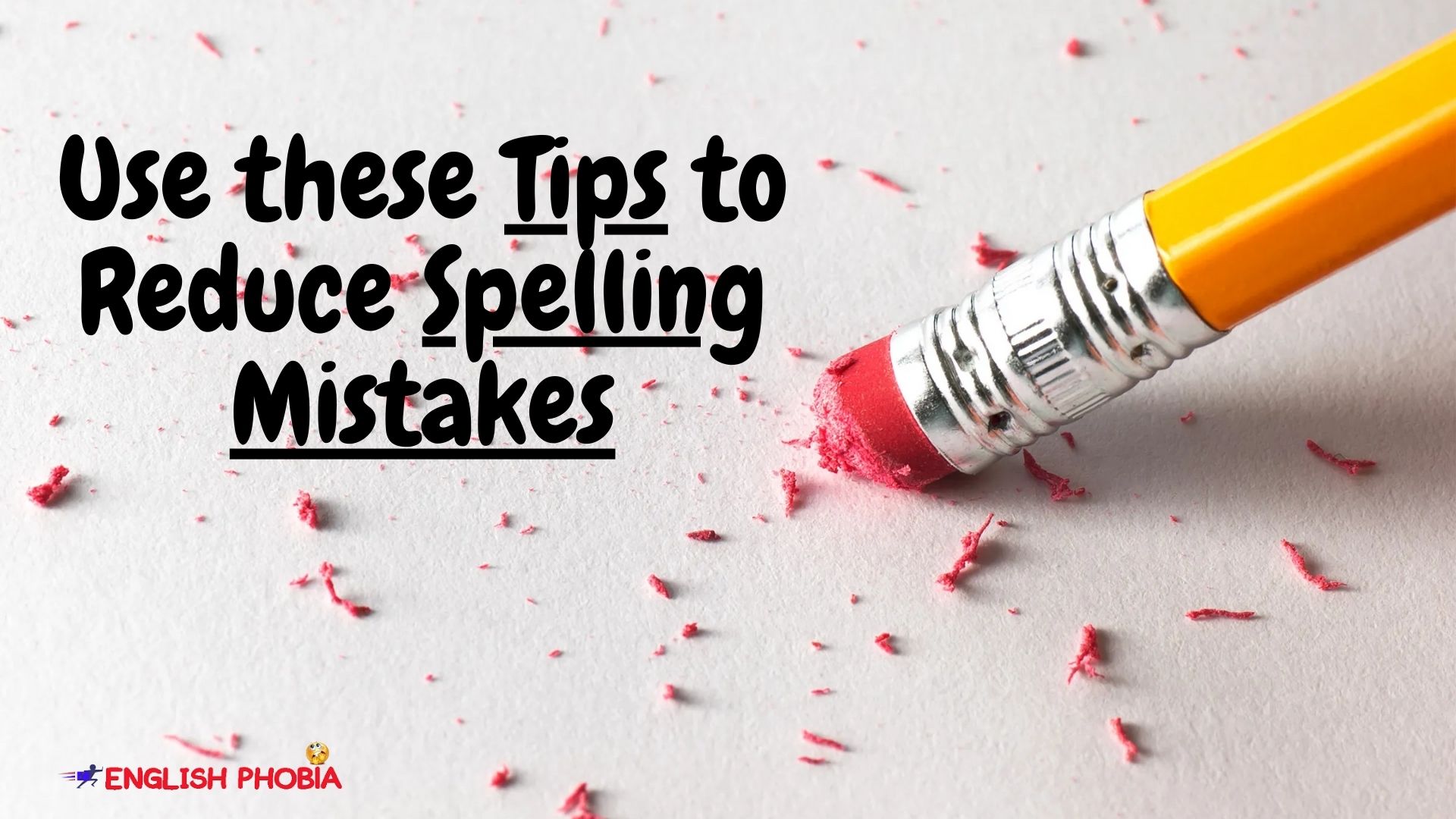Are you also bad at spelling? Don’t worry! You are not alone here. Most people make mistakes in spelling. In the big world of language, learning how to spell well is like making a strong base for good communication. It helps in expressing ideas clearly and understanding accurately.
The English language has challenges and opportunities for learners to go into spelling and vocabulary due to its complexities. If you aim to excel with words or desire to improve your language skills. You can know the Tips to reduce spelling mistakes and focus on improving your spelling.
Learning correct spellings is a journey that brings a sense of accomplishment and the opportunity to find new things.
The Power of Affixes: Prefixes and Suffixes Meaning
Learning about prefixes and suffixes shows the different sides of a language. These word parts change words and how we spell them. When you learn suffixes and prefixes, you can change words. Think about how “happy” becomes “unhappy,” or “create” changes to “creation.” These parts are like building blocks, helping you make more complex words.
Prefixes Table:
|
Prefix |
Meaning | Example Word | Transformed Word |
|
Un- |
Not |
Happy |
Unhappy |
| Re- | Again | Do |
Redo |
|
Pre- |
Before | View |
Preview |
| Dis- | Opposite | Like |
Dislike |
Suffixes Table:
|
Suffix |
Meaning | Example Word | Transformed Word |
|
-ed |
Past Tense | Walk | Walked |
|
-ing |
Present Participle | Sing |
Singing |
| -er | Person/Thing Doing | Teach |
Teacher |
| -ment | Result of Action | Agree |
Agreement |
Tips to Reduce Spelling Mistakes
The spelling of English words may seem difficult for you. But do you know why? You will be surprised to know that there are some English spelling rules and patterns for spelling. It is just like a puzzle to solve where the words themselves give a hint to their right spellings. Now start talking about Howard sound and how we spell them correctly.
There are some instances when English words do not follow the usual sounds. It can be with missing letters or vowel sounds changed.
1) Pronunciation versus spelling: Some English words do not always sound the way we spell them and it is really puzzling.
For example,
We pronounce “knight” as “night” because silent in this spelling.
2) Unexpected sounds in spelling: Some English words can surprise you completely with how they sound. The spellings do not match with their pronunciations. It is very difficult to guess the spellings.
For example,
We pronounce “phone” as “fohn” not “fone”.
3) Missing letters: Sometimes we leave out some letters in the spellings. Although you can clearly hear them in pronunciation. It makes the spelling very difficult for the English learners.
For example,
We pronounce “Wednesday” as “wenz-day”.
You can’t hear the first letter “d” in the speech.
4) Different vowel sounds:- The world plays an important role in spelling construction. Understanding the real sound leads you to write accurate spellings. But sometimes vowels in English words can change sounds. It makes the spelling challenging and complicates this process.
For example, break has a different vowel sound than bread although they both vowels look alike.
British English vs. American English
English spelling can be different in two main ways: British English (BE) and American English (AmE). These differences include how to pronounce and use words or, how we make sentences. How words like “analyse” can be “analyze” or “neighbour” can be “neighbor.” Whether you say “trousers” or “pants,”. You will easily differentiate them with a few tips given below in the table.
British English (BE) and American English (AmE): Differences
Learn these spelling tips and tricks to know the correct spellings.
|
Aspect |
British English (BE) | American English (AmE) |
|
Spelling |
Analyse |
Analyze |
| Neighbour |
Neighbor |
|
|
Colour |
Color | |
|
Centre |
Center |
|
| Vocabulary | Lift |
Elevator |
|
Flat |
Apartment | |
| Boot |
Trunk |
|
|
Mobile |
Cell phone |
Breathing life into words the spoken word
Technology is the order of the day in the present world. Now it is possible to make any words sound. You can use some online or offline tools to know the actual pronunciation of the word. Improve spelling app plays an important role in improving spelling. Some of the most common tools as follows; Google Text-to-Speech, Natural Reader, and Ivona Text-to-Speech are some common examples.
Conclusion
The spelling of a word is important to talk and understand. Learning about prefixes and suffixes helps play with words. English has different ways of spelling in Britain and America. Finding out how to use tools to listen to words makes learning more interesting.
Practicing spelling can be fun and helpful. You can read a lot, write every day, and use Spelling tips and tricks games. Your effort will make a difference and how better you can communicate. You should enjoy and keep learning to improve your spelling and language skills.











